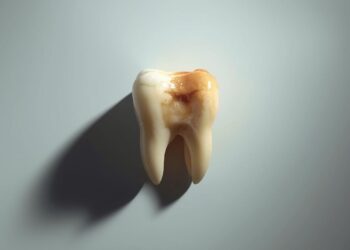Sometimes, when you have back pain or sore muscles after a workout, a massage can be all you need to feel better. It’s pretty normal to deal with occasional soreness from exercise or sports injuries. But other times, the pain sticks around, and that’s when you might need more than a massage.
There are other times when your pain or injury is taking too long to go away or a massage doesn’t work. That’s when you need a professional like a physiologist to tackle the problem head on. If you’ve been searching online for an exercise physiologist near me, finding a trusted expert can make all the difference in your recovery. In this article, we will go over some of the signs that you need to book an appointment as soon as possible.
1 – The pain persists
If you’ve been dealing with pain that won’t go away, it might be time to get some professional help at a clinic such as Broadmead Physiotherapy. When pain sticks around for more than a couple of weeks, especially after an injury or workout, it could mean something more serious is going on.
You may have tried resting, icing, or taking pain meds, but if nothing’s working, it’s worth looking into. Pain like this can mess with your daily life, making even simple things tough. It’s tempting to ignore it and hope it improves on its own, but that can often lead to bigger problems later.
A physiologist can figure out what’s really causing the pain and come up with a plan to help manage and reduce it. With the right treatment, you’ll start to feel better and get your strength and flexibility back.
2 – Limited mobility and flexibility
If you’ve noticed it’s getting harder to bend down, reach for things, or move without feeling stiff, you might be losing some mobility or flexibility. At first, it can be easy to ignore, but over time, it can start making everyday things more difficult.
When your body feels tight and stiff, it’s a sign something’s off, and if you don’t address it, it could lead to bigger problems or even injuries.
Tight muscles put more strain on your joints, which can lead to aches in places like your knees, back, or shoulders. A physiologist can help figure out what’s causing the stiffness and create a plan to help you move better.
3 – Age related physical decline
As you get older, it’s common to lose some strength, flexibility, and feel more aches and pains. You might notice that things like climbing stairs or carrying groceries start feeling harder than they used to.
With the right exercises and advice, you can reduce pain, move more easily, and feel more confident doing daily activities. A physiologist can create a plan to help you stay strong, improve your balance, and keep flexible. They’ll guide you through exercises that make everyday tasks easier and help prevent issues like falls or injuries. The goal is to help you stay independent and able to do the things you love.

















